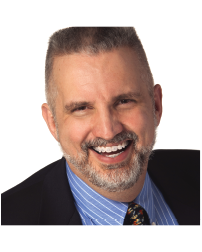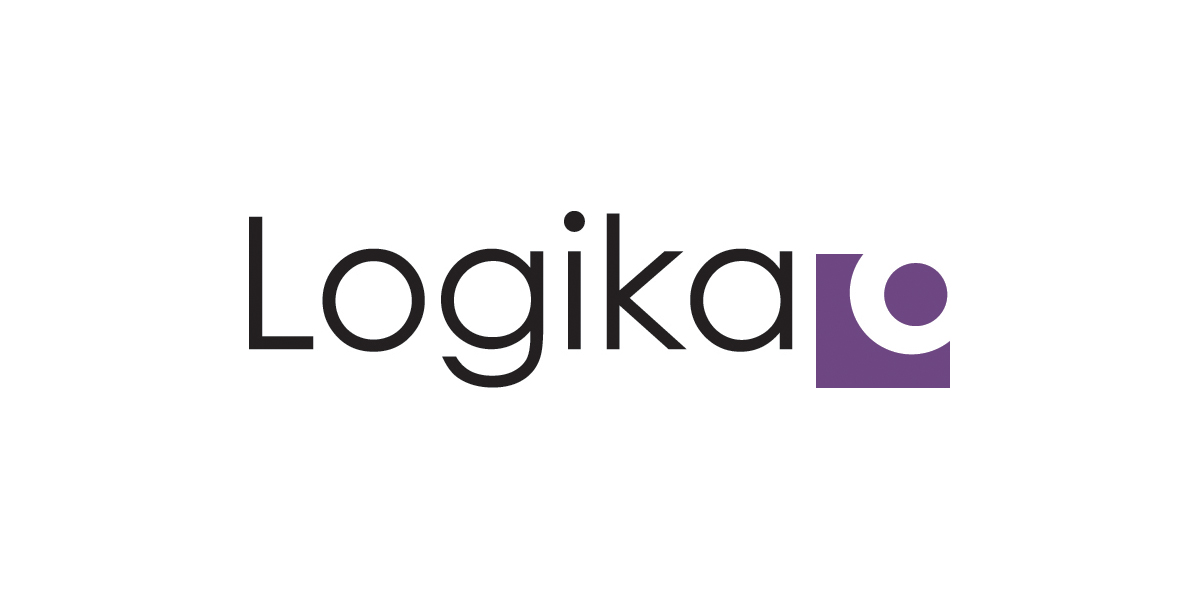So, what is Logika?
Logic (loj–ik) – the systematic process that takes us from initial idea to useful action. It is the means by which our good intentions become positive impacts and the process by which we learn what deserves our attention and what does not.
Ka (kah) – the vital spark or essence of what each of us is as an individual. Ka is the energy that gets us out of bed in the morning and keeps us motivated throughout the day. Ka is the difference between finding something to do and finding someone to be. Work that engages our Ka energizes us and the people around us. It contributes to our wellbeing and sense of self. It is work that we find personally satisfying and meaningful – it is what we want to be known for.
Logika (loj-ik-kah) is the realization that happy and productive individuals, organizations, and communities happen at the intersection of logic and Ka. We operate at our best when the best of what each of us has to offer (Ka) is applied through logic to produce meaningful and desireable results.

Logika was founded in January of 2000 by Dr. Joe Albano, a self-described startup and scale-up junkie with a passion for making success fun.
Logika exists for several reasons:
It’s personal – when I was in high school, my father was laid off from a job that he held for over 40 years. What I now realize is that work was an important part of his identity – and the loss of his job and identity eventually lead to his death. Even though our relationship to work is changing, the desire for meaningful work that contributes to our sense of identity and wellbeing is only increasing. Emerging societal and work norms are shifting the essential nature of basic concepts like security and career.
The need is real – we live in the midst of significant changes in the structure of work. The era of lifetime employment with a secure retirement is over. Thirty-five-year careers have given way to an average job tenure of around 4.6 years (according to the US Bureau of Labor Statistics) and in the tech world, tenures of less than two years are now common. The ways we work and live in communities is changing faster and more dramatically than at any other point in recent history. Yet, we continue trying to apply the old models of corporation and community to the emerging realities of modern life.
There’s too much waste in the way we’re doing things – the failure rates for entrepreneurs, freelancers, and other “non-traditional career choices” are staggering – and the data on real wage growth for traditional career options are no better. We like to focus on the extreme successes, believing that we will be the next Bill Gates, Steve Jobs, or Mark Zuckerberg. The reality is there are systematic approaches to lowering risk and improving the return on our investments of time, attention, and other resources.
ⓒ 2018, Logika International, LLC
